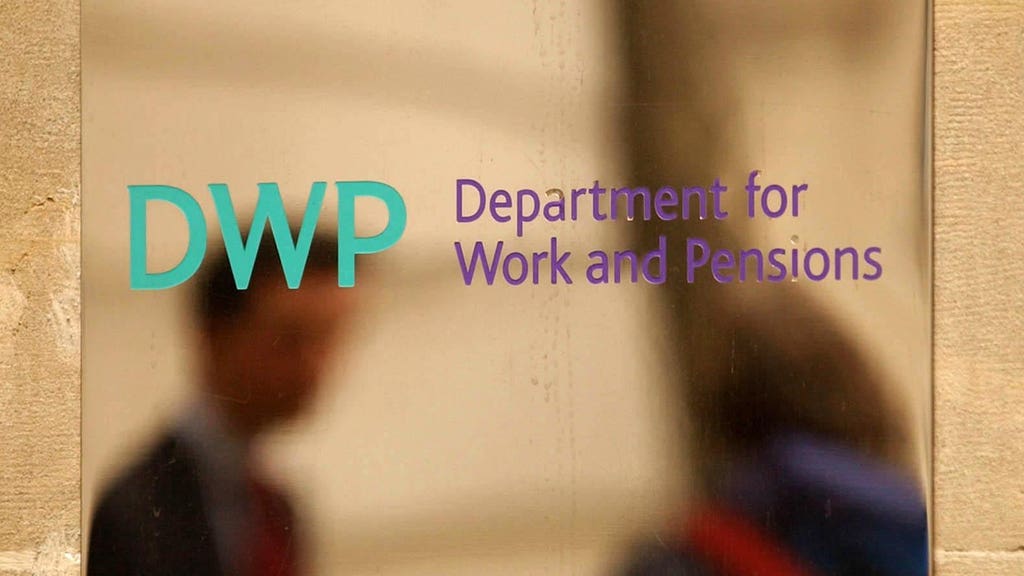Government can’t explain soaring unemployment rate among Black people, MPs say
DWP also unable to properly assess or improve impact of its own policies and spending, MPs find

The Department for Work and Pensions is unable to explain “shocking inequality” as unemployment among young Black people soared to 41.6 per cent during the pandemic, a damning new report has found.
The DWP is also unable to properly assess or improve the impact of its own policies and spending, MPs have said.
The unemployment rate among young Black people rose from 24.5 per cent to 41.6 per cent from October-December 2019 to the same period in 2020, while among white people it rose from 10.1 to 12.4 per cent over the same time period.
Though the government increased its spending on employment support programmes, from £300m in 2020-21 to £2.5bn in 2021-22, and hired 13,500 new work coaches, the Public Affairs Committee (PAC) warned that its focus was misplaced.
Ongoing problems surrounding work coaches, from understaffing and backlogs of work, and DWP’s “focus on getting people into any form of employment” undermines its “ambitions” to support disabled people to work and people on low pay to progress, the report said.
The increase in unemployment as the furlough scheme winds down has “not been as sharp as feared”, but the Committee says any second surge in new benefit claims and unemployment as the scheme ends at the close of September could “disrupt DWP’s ability to provide employment support”.
Dame Meg Hillier MP, Chair of the Public Accounts Committee, said: “In response to the pandemic, DWP has increased spending on employment programmes a staggering eight-fold in the space of a year. But there is a lack of curiosity about the impact of the policies it’s implementing.
“When we are talking about the long-term prospects of a generation of our young people, and the extraordinary differential in job losses among young Black people this needs serious attention now or a whole generation will be scarred. This needs to be a real focus now to avoid embedding inequality of opportunity over decades.”
Moreover, the PAC report found that the DWP has “relatively few” programmes aimed at people from minority ethnic communities and also uncovered shortcomings in the department’s data on diversity and disadvantage among Universal Credit claimants which, it says, poses potential issues in properly evaluating the effectiveness of its schemes for different groups.
This comes after economic thinktank the Resolution Foundation warned that young Black people have been the hardest hit by the rise in unemployment during the pandemic, having borne the brunt of the job losses because they disproportionately worked in worst-hit sectors such as hospitality and leisure.
Separate research from the Trades Union Congress (TUC) published in January found that Black and minority workers have been 26 times worse hit by the employment crisis sparked by Covid-19 in the last year-and-a-half.
This prompted the union to urge government ministers to tackle inequalities as a matter of priority, citing racism as a key reason for this disparity in the labour market.
“The time for excuses and delays is over,” TUC general secretary Frances O’Grady said.
“Ministers must challenge the systemic racism and inequality that holds back BME people at work.”
A DWP spokesperson said: “Before the pandemic we lifted the employment rate to a record high for ethnic minorities and we are now focused on helping people from all backgrounds back into employment through our Plan for Jobs.
“Our £150 million Flexible Support Fund also invests in local initiatives, benefiting communities, such as mentoring for people from ethnic minority backgrounds.
“We understand disabled people may need different kinds of assistance which is why we offer specialist programmes paired with personal support and we remain committed to seeing 1 million more disabled people in work by 2027.”
Join our commenting forum
Join thought-provoking conversations, follow other Independent readers and see their replies
Comments
Bookmark popover
Removed from bookmarks